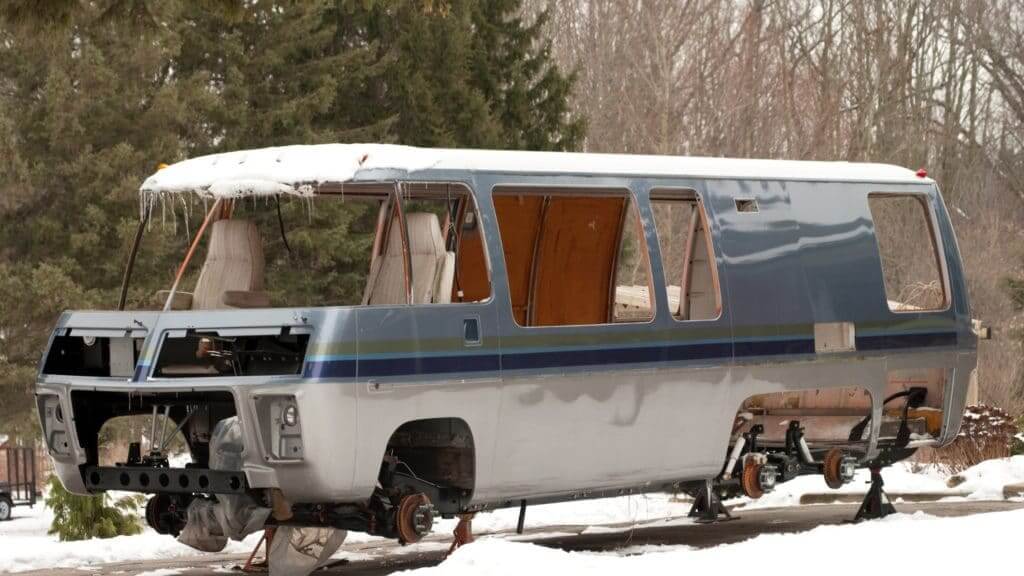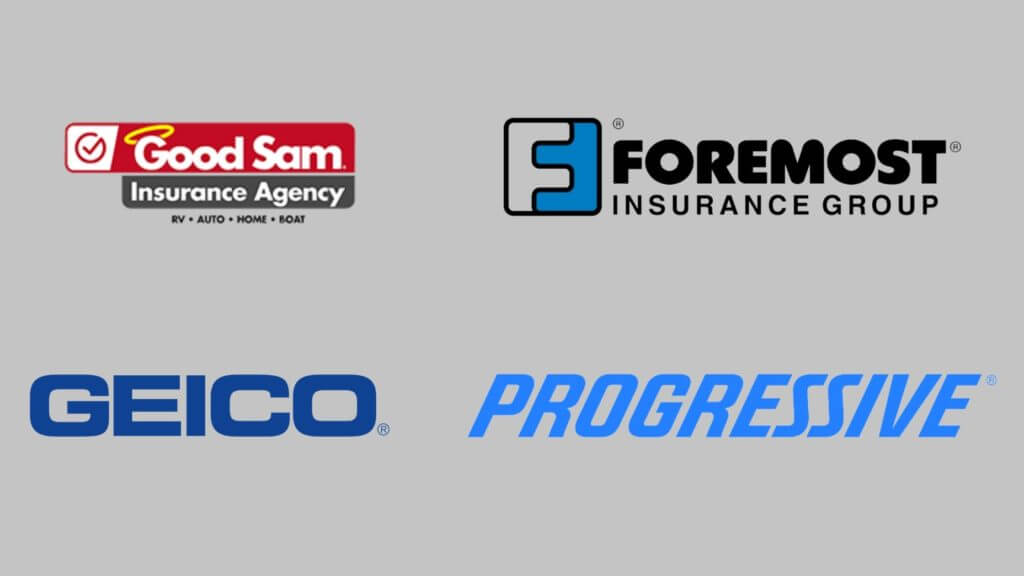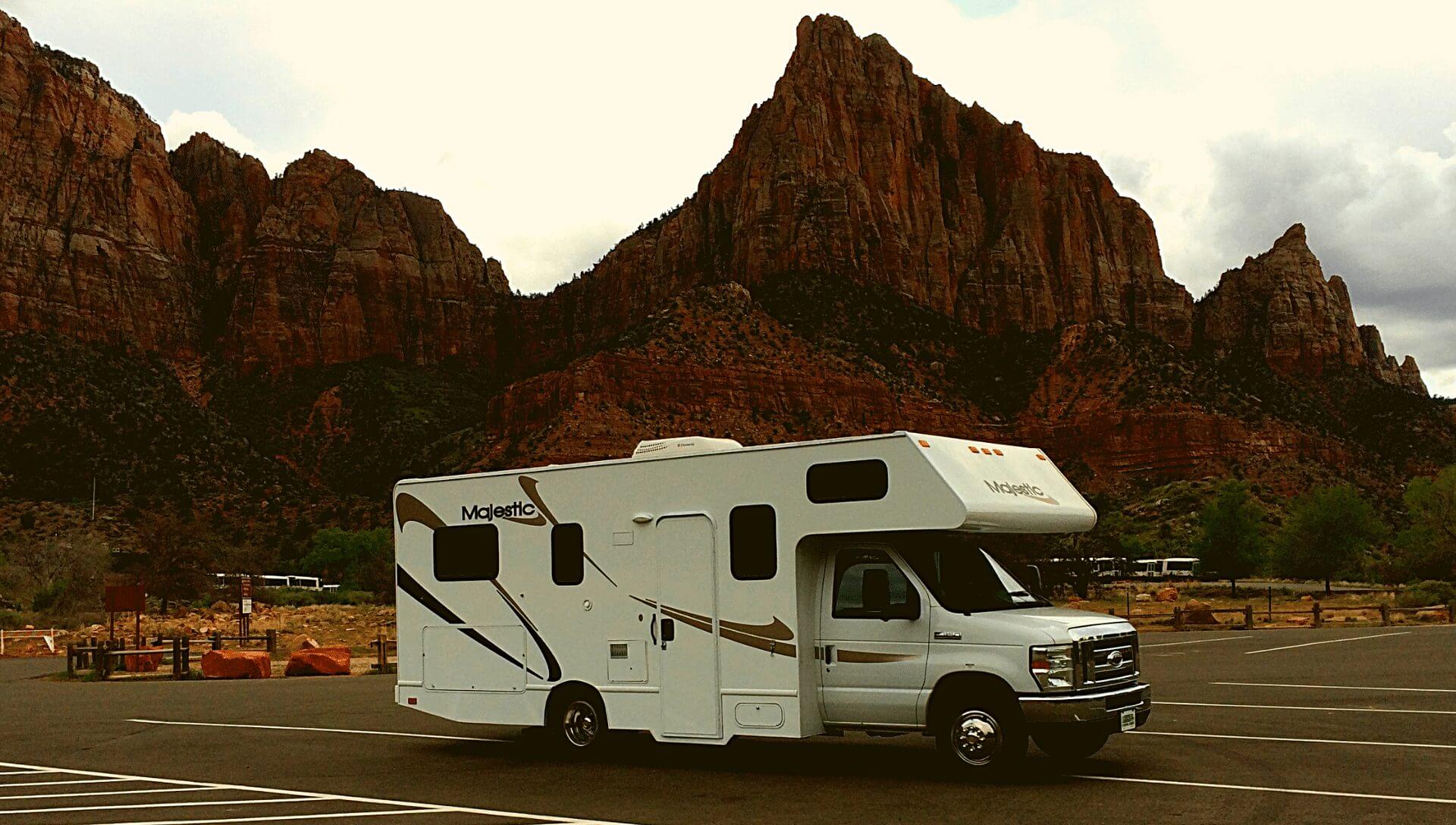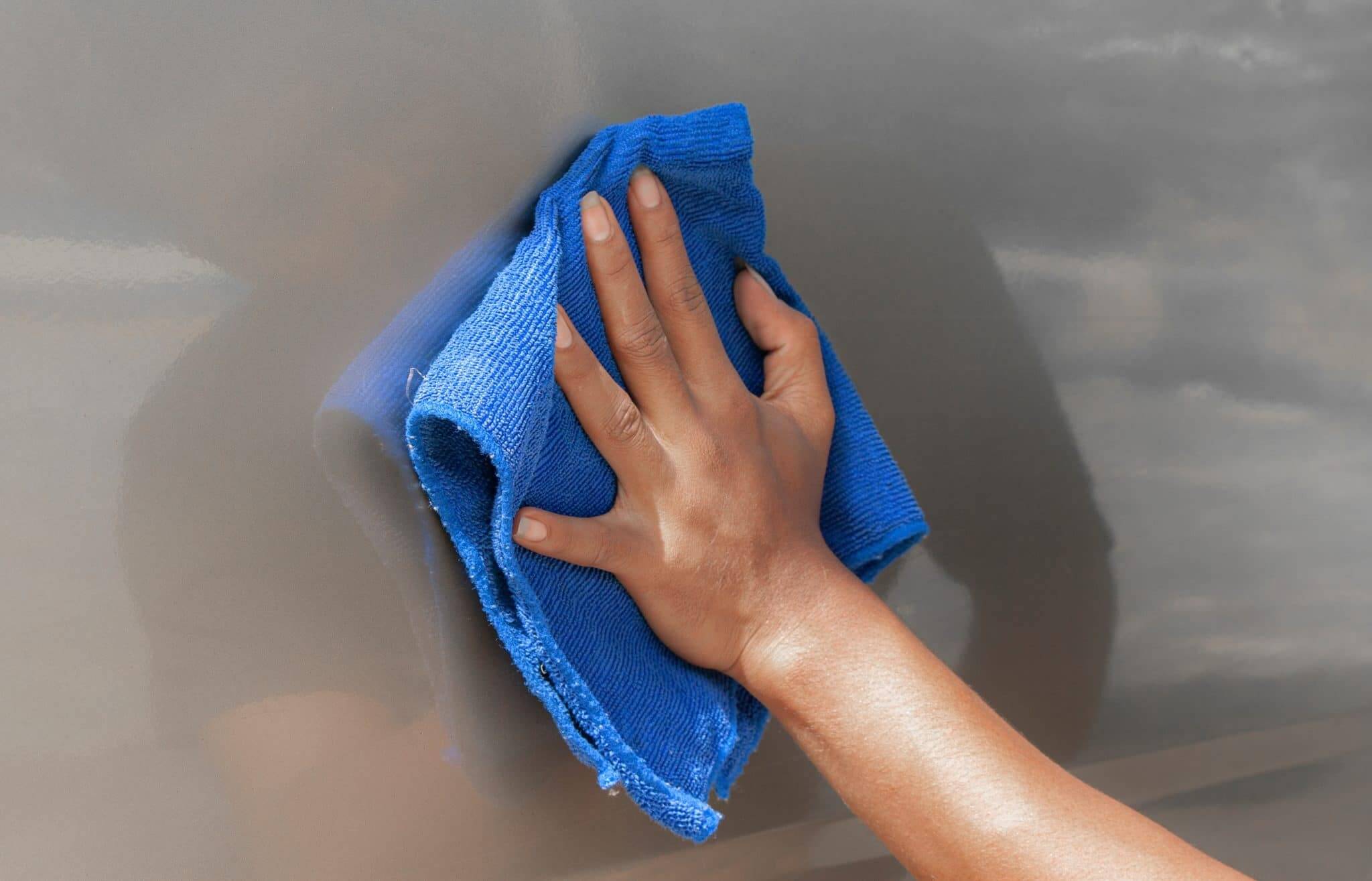Table of Contents Show
Before you set out on your next grand adventure, you need to insure your RV properly with RV insurance. Make sure you know what to expect and how to protect your home on wheels so you aren’t caught unaware.
Why consider RV insurance?
If you have a motorhome, you must carry insurance for it. For travel trailers and fifth wheels, you don’t have to carry insurance since you are towing. However, a travel trailer or 5th wheel is likely an enormous investment and is worth protecting.
But beyond legal requirements, RV insurance offers protection for you and your vehicle. In the event of an accident, having good insurance can make all the difference. RV insurance can also assist if you break down. This is an important bonus for RV owners since we travel far and wide and put lots of miles on our homes on wheels.

What does RV insurance cover?
RV insurance covers property damage and bodily harm sustained in an accident that you caused or that someone else caused. Considering the hefty price tag of newer RVs, you’ll want to make sure you are protected in the event of damage or loss of the RV. Comprehensive insurance also covers damage caused by things other than a crash. Since most RVs spend a considerable amount of time outside, comprehensive is important.
For example, comprehensive RV insurance will cover you if a tree falls on your RV or if there is a fire. It also covers you if your RV is stolen. For full-timers, some RV insurance also offers coverage in case others are injured while in your RV while it is parked (similar to homeowners’ insurance).
The specifics of your coverage will depend in part on what coverage options you decide on. Coverage may also depend on if you are using your RV for pleasure or if you are a full-timer.
What about extra coverage?
Personal effects
You can purchase extra coverage to insure possessions in your RV. For a full-timer, this is a must-add extra. You can typically choose the amount of coverage you want for your personal effects. Some RV insurance companies put a maximum amount on insurance for personal effects. This limit may be higher for full-timers than for casual users. Don’t forget about pet insurance for your furbabies!
Emergency Expense (Hotels and Transportation)
If you get stranded on the side of the road, emergency expense coverage will provide you with reimbursement. The insurance company will reimburse you for transportation (such as a rental car) and hotel bills while your rig is repaired.
Total Loss Replacement
Total loss replacement coverage means if you total your RV in an accident, the insurance company will pay the replacement value for a like make and model. RVs rapidly depreciate. Without total loss replacement, you will receive less in reimbursement than you will need to purchase a similar replacement vehicle. Typically, total loss replacement is only available for newer model RVs. Some insurers, like Progressive, will offer total loss replacement for RVs 5 years old or newer.
Full-timer insurance
If you are a full-time RVer, you will most likely have an additional cost since your RV functions as your vehicle and your home. But the good thing is that with the extra cost comes extra protection. Some examples include coverage for liability if someone injures themselves in or near your RV. If you live in your RV 6 months of the year or more, you’ll likely need full-timer insurance.
Roadside assistance
If you break down on the side of the road, get a flat tire, or lock your keys in the vehicle, roadside assistance will cover you. While you can purchase roadside assistance separate from an insurance policy, having it included may be a more affordable option.
Windshield Deductible
RV windshields are expensive because they are so large and difficult to replace. But you will have some flexibility in adding glass coverage. That means if you replace your windshield, you’ll only have to pay your deductible.

RV Insurance Companies
If you are looking for the best RV insurance, or specifically full-timer insurance, these are your best options.
Geico
Geico covers both motorhomes and travel trailers. They offer insurance for full-timers and provide a variety of extra options for even more protection.
Progressive
Progressive offers great rates on RV insurance and has been rated as one of the top insurance providers. Their customer service and sales reps are helpful and can walk you through every step of the coverage process. Progressive also has a range of discounts that you may qualify for.
Foremost
With RVers in mind, Foremost offers you all the coverage options you need to hit the road with confidence. They cover many things that a typical auto policy doesn’t cover.
Good Sam
Good Sam is practically a household name for RVers. Not only can you qualify for discounts at many RV parks with a Good Sam membership, but you can get lower insurance rates too. Good Sam knows a lot about RVs since they are the largest RV club in the nation. Is Good Sam RV insurance right for you?






